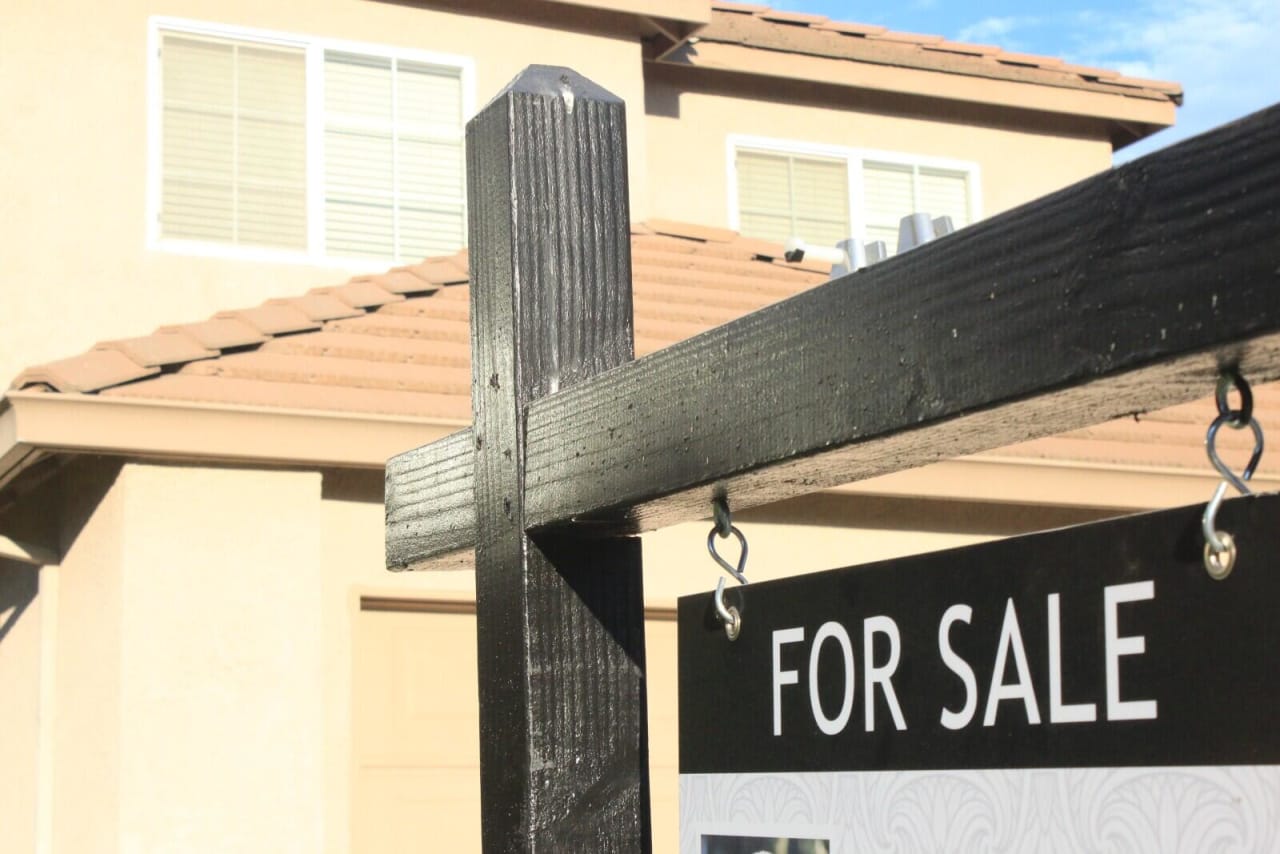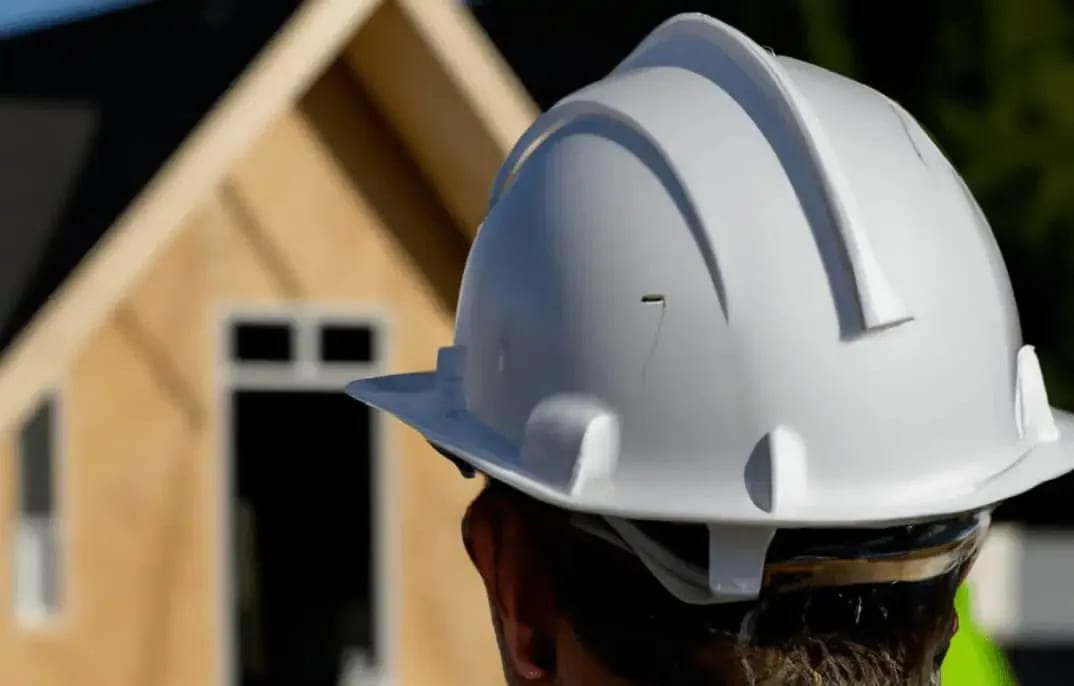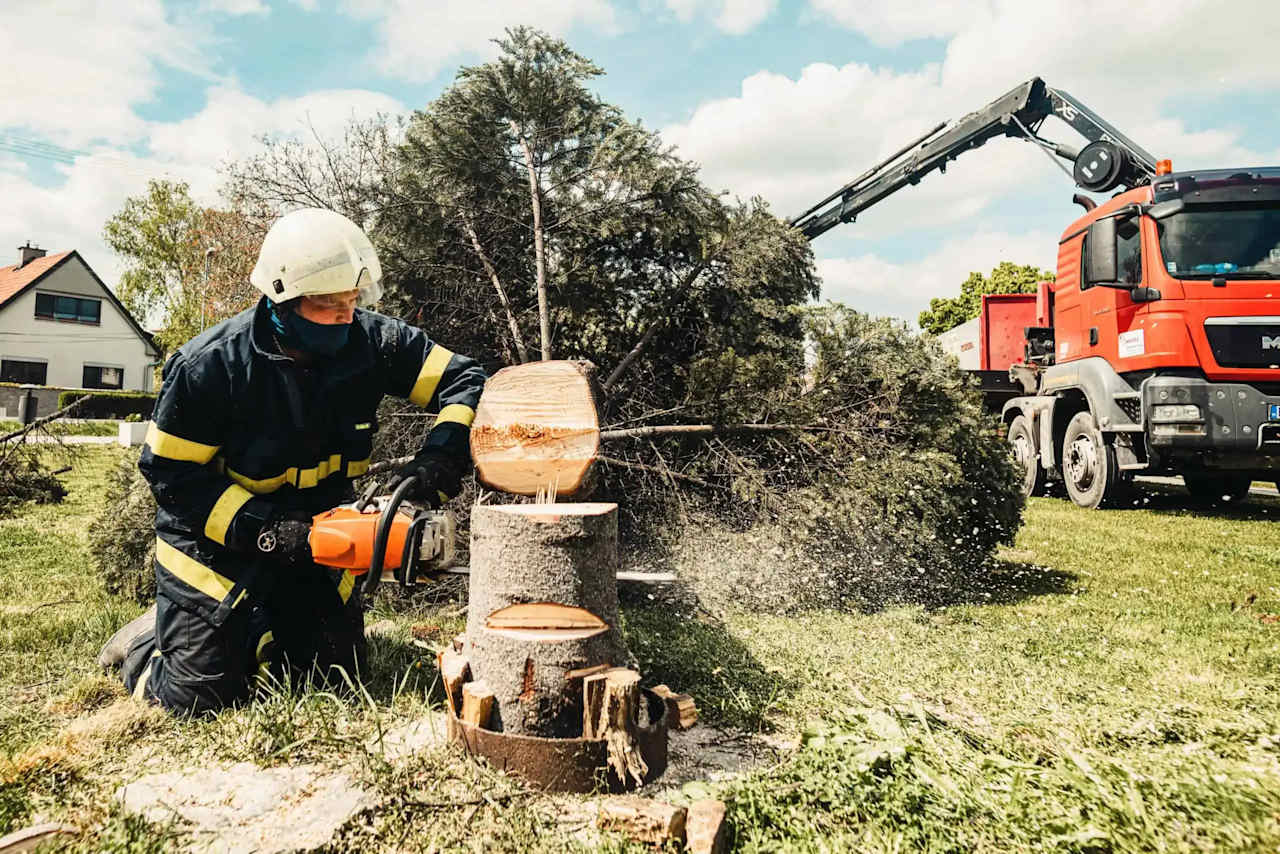4 Steps To Take After After A Low Appraisal Of Your Home
November 11, 2022

November 11, 2022

You're trying to sell your home in a competitive market, and you've secured an excellent offer from a reliable buyer, but the property appraises for less than you'd hoped. The buyer may suddenly lose interest or faith and realize they can't afford the house after the assessment, even if they could have afforded it previously.
If your house appraised for less than the offer, you can either renegotiate the sale price with the buyer or scrap the deal altogether.
The high stakes of this problem might make settling on one course of action difficult. Talk over your options with your broker, and rely on their guidance and knowledge.
If you want to know how much your home is worth, you should get an appraisal from a certified professional who will base their estimate on previous sales of similar properties in the area. Lenders often request appraisals on behalf of their borrowers as a precautionary measure. The amount of money a bank is prepared to offer a buyer as a down payment sometimes depends on the results of a home appraisal. The appraisal for a buy mortgage serves to either confirm or establish the loan-to-value ratio (LTV).
A lender is ready to guarantee substantial expenditure by the buyer, so it must prepare for the worst. What this implies for them is wondering what steps might be taken to recover their capital in the event of a borrower default. Checking the property's value against the loan amount is a key part of the solution.
The buyer and the lender place a high value on the appraisal results. This prevents them from taking on unneeded debt and investing more money than the property is worth. Furthermore, it safeguards their interests when the time comes to sell. A buyer who pays more than an assessment suggests for a home will have a tough time breaking even and can forget about earning a profit later on down the line.
You may be wondering why this matters to you as a property seller. Refusal to work with or accept the services of a professional appraiser will immediately raise red flags with any prospective buyers.
Try to see things from the buyer's perspective and drop your defenses. Keep in mind that appraisers are objective experts. They safeguard the lender, while the buyer benefits from their efforts.
Do not try to appraise your house on your own before putting it up for sale. It is wise to get an appraisal before determining a home sale price, but you shouldn't include one in the purchase agreement unless the buyer specifically requests one.
Buyers are naturally skeptical, so they may suspect the seller of pressuring the assessor to provide a greater value than reasonably justified. Also, the buyer's lender probably won't accept the seller's evaluation and will insist on commissioning its own.
Your best bet is to learn as much as possible about appraisals since they affect the success or failure of a deal.
The assessment is conducted by a qualified professional appraiser hand-picked by the lending institution. Appraisers should not have any vested interest in the sale's final price to provide a fair and impartial evaluation. The appraiser's selection is made independently of the buyer and seller.
Real estate appraisers consider comparable properties that have recently sold in the area. The appraiser may better understand the home's worth by comparing it to similar properties in the area.
Appraisers document the house's inside and exterior using photographs, making special note of any changes or additions that increase the home's worth. Additionally, they note any parts that need to be replaced or fixed. When the appraiser has finished their inspection, they will look at comparable homes for an accurate value. In the case of a three-bathroom four-bedroom home, for instance, the appraiser would look for properties with identical square footage and amenities.
The final product of the appraiser's efforts is a report that includes their expert opinion on the property's worth based on their thorough investigation of all relevant factors. It usually takes a few days to weeks to complete an assessment report. A copy of the appraisal report is given to the lender and the buyer. After considering the appraisal's quality, the lender will either proceed with the loan process or order a second appraisal.
Many factors go into establishing a property's worth, and an appraiser will evaluate them all. These include recent transactions in the neighborhood, the property's current condition, and any unique amenities or characteristics.
For example, if the property needs renovations or is in an unattractive area, the appraiser will consider it. The appraiser will next give a written report outlining their findings. Lenders will use this report to decide how much they will loan for the property. All parties will use it as a reference point while haggling over the final sales price.
The buyer will be in a bind if the appraisal is lower than the purchase price. Say a buyer finds a house they like and offers $350,000 on it. Their offer is accepted, and now they can't wait to start packing for their upcoming move.
But…the appraisal comes back and that house they just agreed to purchase? It’s only worth $300,000. In this case, they have a couple of options.
The most favorable scenario for the buyer would be if the seller reduced the purchase price to $300,000, in line with the property's assessed worth. The worst-case scenario, on the other hand, would be if they agreed to pay $350,000 for the house plus a down payment of $50,000.
When a house doesn't pass appraisal, parties usually come to an agreement. Possible settlement terms: the buyer pays $20,000 down, and the seller accepts $330,000. Simply said, the sales price and the assessed value are negotiated to converge at a middle ground that both parties can live with.
The buyer might pull out of the deal as a last resort. When using a third-party lender, the buyer is given an "exit" from the purchase contract without losing their earnest money deposit if the property fails the appraisal. However, a buyer cannot cancel a home purchase agreement because of a low appraisal if they sign a particular amendment to the contract waiving their right to do so.
Even if the appraisal came in low, it doesn't always imply that the transaction will fall through. The opposite is usually true. In the home buying process, this only means that you and the home buyer must be adaptable and creative in finding solutions.
Potentially walk away from the deal if the buyer doesn't dispute the evaluation or is uninterested in negotiating. You could find another buyer, but you'll still be stuck with the same problems if you walk away now.
If you, the seller, decide to back out of the agreement, you may want to wait until the market improves or shifts back to a seller's market before relisting your house. In the event that you received more than one offer, it is time to revisit your stack of proposals. It's possible to locate a buyer who is prepared to pay the full asking amount.
Stay up to date on the latest real estate trends.


Did your home appraisal come in lower than expected? Don't worry. Here are 4 steps you can take after a low appraisal to make the home sale still goes through.

Wondering if you just saw a realtor red flag? Here are 9 signs your might be working with a bad real estate agent (and tips for breaking up).

It’s not easy to settle on a particular location to call home; there are numerous variables to consider. You want a community that matches your current lifestyle as we… Read more

A condo is an economical alternative to a detached house and a terrific option for first-time buyers looking for a place to raise a family.

The home-buying process might seem like it’s going swimmingly at times. Then you go to get your house inspected, and there’s a hitch. Professional home inspectors must… Read more

Safe and happy residents are a direct result of their neighborhoods. Relaxing and watching your children play outdoors is much more attainable if you feel secure doing… Read more

Many people’s ideal home has a large yard with a majestic tree. However, large trees need a lot of care and attention, something most people underestimate. When you ar… Read more

Now that you’ve located your ideal home, you’re prepared to make an offer. Is there a prime day to finalize a home purchase? How about the worst day to close on a hous… Read more
You’ve got questions and we can’t wait to answer them.